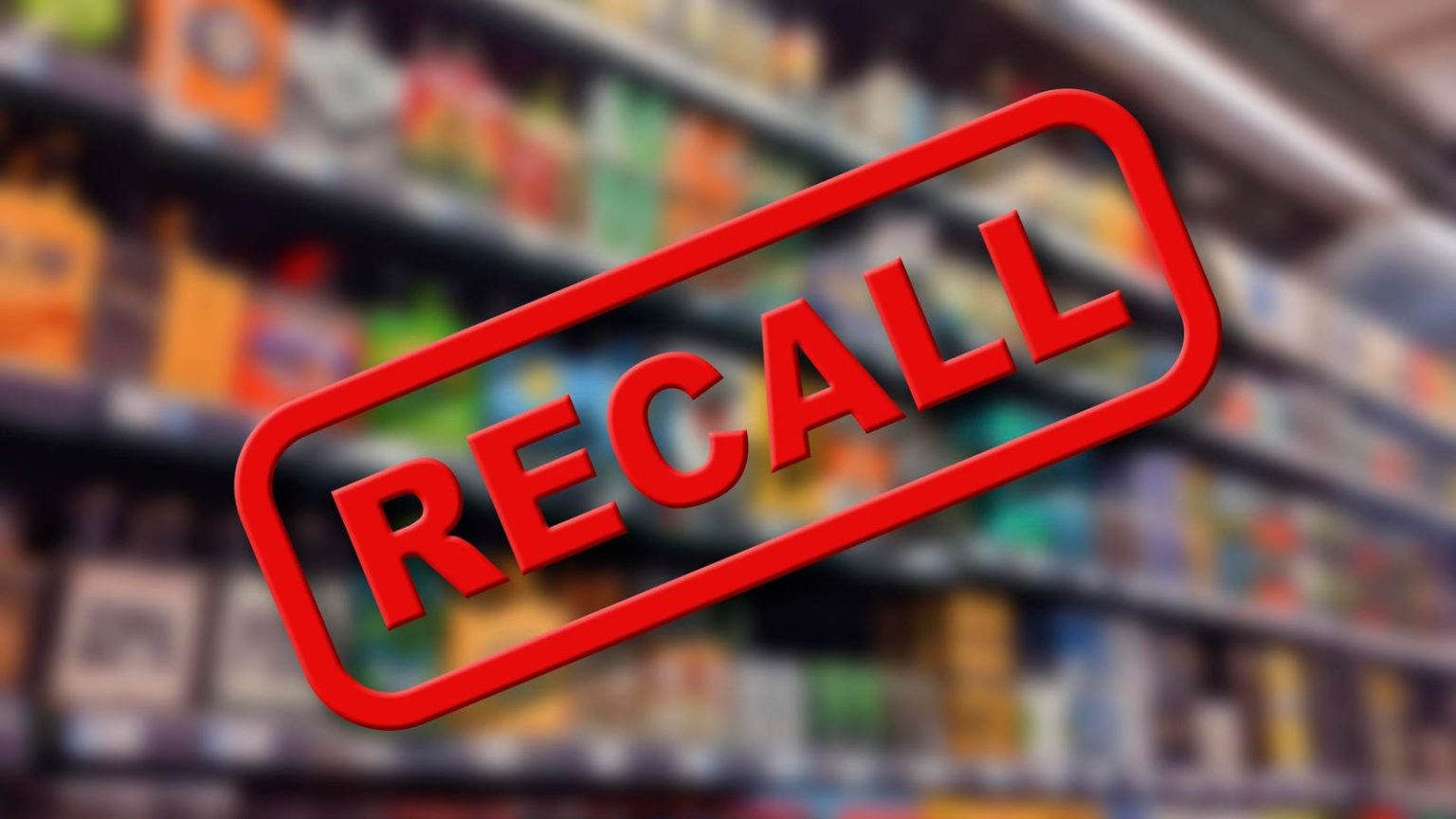Food recalls in the United States in 2023 reached levels not seen since the start of the COVID-19 pandemic, driven primarily by undisclosed allergens and listeria contamination, according to a report released by the U.S. Public Research Interest Group Education Fund. The report found that there were 313 food recalls and alerts announced last year, an 8% increase from the previous year, resulting in six deaths and over 1,100 illnesses due to contaminated food. Snacks like cookies and granola bars were the most commonly recalled items, followed by fruit, beef, soup, salads, poultry, cheese, vegetables, supplements, and pet food.
Nearly half of all recalls in 2023 were related to undisclosed allergens, with sesame accounting for 39% of the increase after becoming a required disclosed allergen in January 2023. Other major reasons for recalls included listeria contamination, salmonella contamination, and uninspected products. The report highlighted the need for better transparency and labeling practices to prevent these issues in the future. In a separate investigation, a “multi-year, multistate” listeria outbreak linked to dairy products like queso fresco and cotija cheese led to the recall of around 60 products. Major retailers like Walmart, Costco, and Trader Joe’s recalled items like salad and taco kits due to potential contamination.
Trader Joe’s was also involved in a recall of over 61,000 pounds of steamed chicken soup dumplings in March due to potential hard plastic contamination from a permanent marker. The USDA issued an alert in March about unsafe levels of lead found in ground cinnamon products sold in discount stores across multiple states. Wenders LLC recalled four lots of Trader Joe’s cashews in March due to potential salmonella contamination, while Quaker Oats expanded its recall of products like granola bars and cereals due to possible salmonella contamination in January. The CDC estimates that 48 million Americans get sick from foodborne diseases annually, with 128,000 hospitalized and 3,000 deaths.
Food recalls can occur when consumers get sick and trace the illness back to a specific food item, file complaints with companies or regulators, when officials discover issues through routine surveillance or investigations, or when companies self-report problems after testing. The FDA is responsible for regulating the majority of the country’s food supply, except for meat, poultry, some fish, and egg products, which fall under the jurisdiction of the USDA. In 2023, the FDA issued 224 recalls, while the USDA accounted for 89 recalls, marking a 31% increase from the previous year. The report emphasized the importance of strict oversight and better communication between regulators, companies, and consumers to prevent future outbreaks and recalls.
Study Shows Food Recall Levels Reached Peak in 2023 Since Onset of COVID-19 Pandemic
Keep Reading
Subscribe to Updates
Get the latest creative news from FooBar about art, design and business.
© 2024 Globe Echo. All Rights Reserved.















